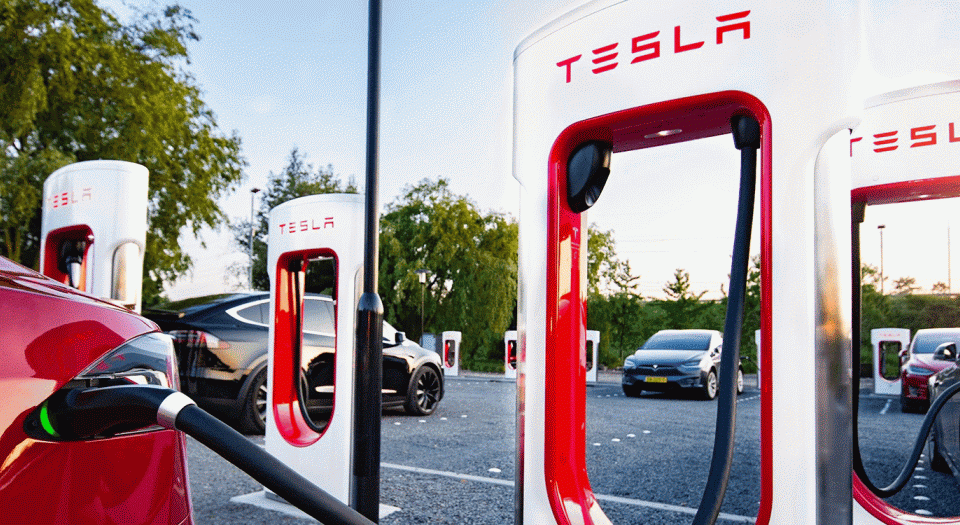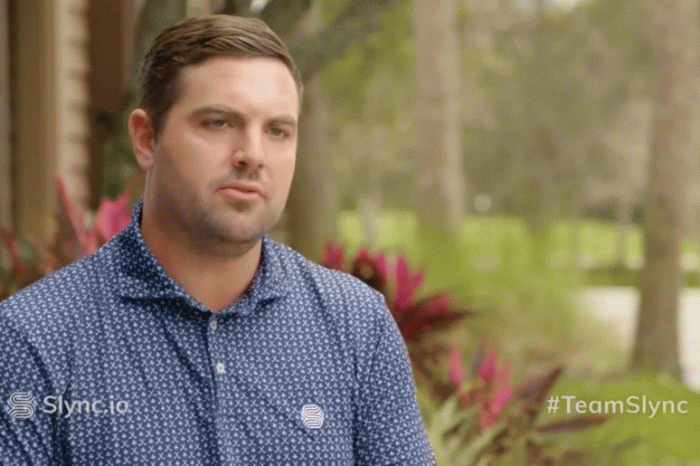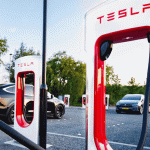Tesla to open some of its U.S. charging network to rivals as part of the $7.5 billion federal program

As part of the $7.5 billion federal program to electrify the nation’s highways to cut carbon emissions, Tesla has agreed to open part of its U.S. charging network to electric vehicles (EVs) made by rivals, the Biden administration said on Wednesday. The move could erase the exclusivity once enjoyed by Tesla car owners.
The expansion could also turn Tesla into the universal filling station of the EV era, and also risk eroding the competitive edge for vehicles made by the world’s largest electric car maker.
The administration added that by the end of 2024, Tesla will open 3,500 new and existing superchargers along highway corridors, as well as 4,000 slower chargers at locations like hotels and restaurants, to non-Tesla customers.
In exchange for opening up its supercharging stations, Tesla would be eligible for a subsidy – including retrofitting its existing fleet – as long as Tesla chargers would allow non-Tesla electric vehicles with a federally backed charging standard called combined charging system (CCS) to charge, a White House official said at a briefing.
Meanwhile, this is not the first time Tesla has done this. Just a little over a year ago, Tesla also opened more of its European Superchargers to third-party EVs beyond the pilot program the company started in the Netherlands to France and Norway. On January 31, 2022, Tesla announced that owners of non-Tesla electric vehicles could charge their batteries at select Superchargers in France and Norway. European drivers can find eligible locations in the Tesla app. At the time, Tesla has 20 Superchargers sites in France and 15 in Norway.
Non-Tesla vehicles can now charge at select Superchargers in France and Norway via the Tesla app. Learn more at https://t.co/9t43ifJugM pic.twitter.com/CC4fpaNPaw
— Tesla Charging (@TeslaCharging) January 31, 2022
Tesla currently has 17,711 superchargers, which account for about 60% of total U.S. fast chargers. Opening up some of these charging stations to non-Tesla vehicles can add hundreds of miles of driving range in an hour or less. There are also nearly 10,000 “destination” chargers with Tesla plugs that can recharge a vehicle overnight.
The deal with Tesla is a big win for an ambitious federal program to build 500,000 EV chargers by 2030, which is up from 130,000 currently.

